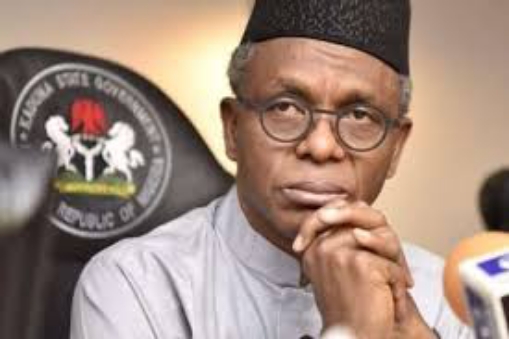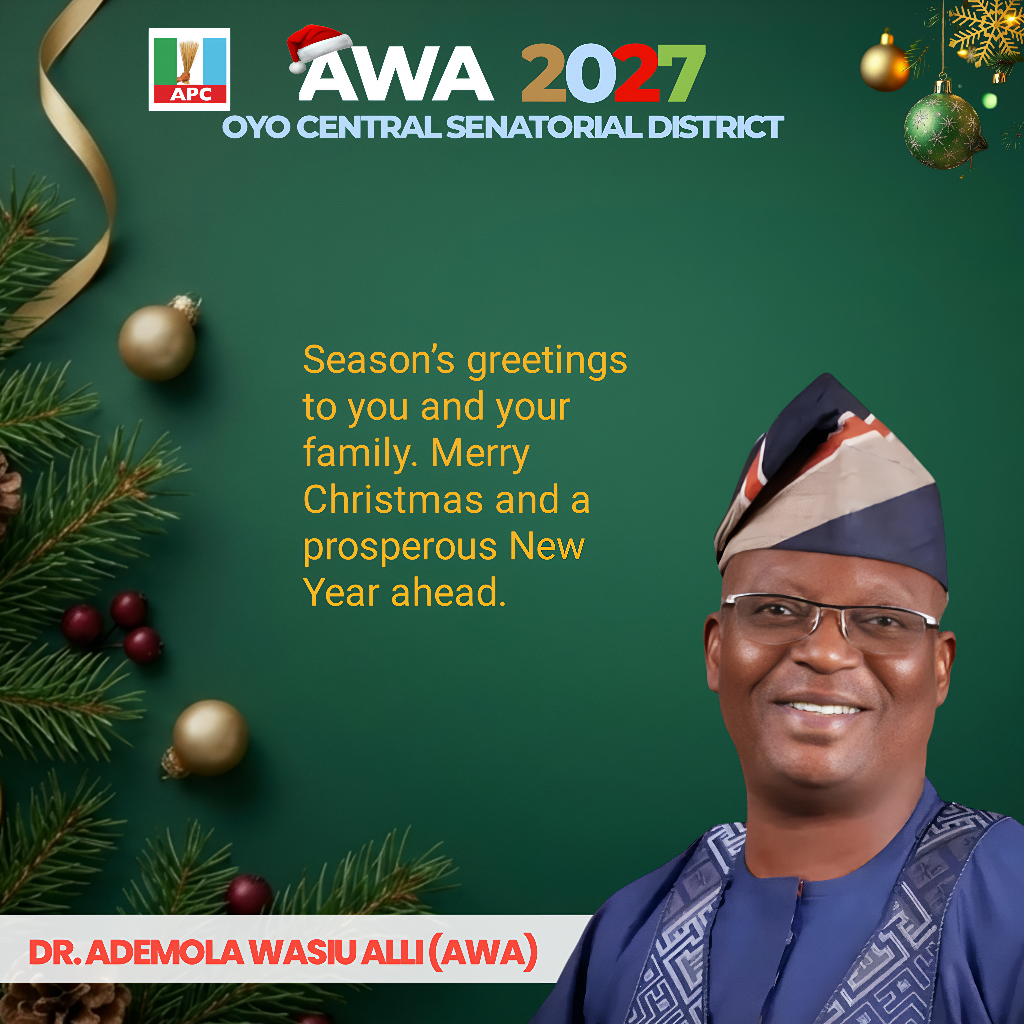Rivers State: El-Rufai Condemns President Tinubu’s Suspension of State Officials, Citing Constitutional Violations

Former Kaduna State Governor, Nasir El-Rufai, has criticized President Bola Tinubu’s recent declaration of a state of emergency in Rivers State, which included the suspension of Governor Siminalayi Fubara, his deputy, and all state lawmakers. El-Rufai described the President’s actions as a “wanton aggression against democratic tenets and the rule of law,” asserting that such measures overstep constitutional boundaries.

In a statement released on Wednesday, El-Rufai acknowledged the pressing security challenges in Rivers State but argued that addressing these issues should not involve dismantling democratic structures. He emphasized that the Nigerian Constitution does not grant the President authority to remove elected state officials, referencing the Supreme Court’s ruling in the case of *Dariye vs. Attorney General of the Federation*, which deemed such suspensions unlawful.


El-Rufai stated, “Our country’s Constitution does not support it precisely because it is dangerous to our system of democratic federalism for an elected president to assume and exercise powers to suspend elected officials at the State level.” He further noted that while the security concerns cited by the President are serious, they do not justify the suspension of elected officials.
The former governor of Kaduna State also recalled that, as an opposition figure, President Tinubu had previously criticized similar actions by past administrations. El-Rufai urged the President to reconsider his decision, stating, “A similar reconsideration is warranted in this case to contain the damage done to the people of Rivers State and restore the Federal Government to compliance with the Constitution.”

El-Rufai called on all patriots and voices of reason to advocate for an end to what he described as a gross violation of the Constitution and disrespect for the rule of law. He emphasized the importance of adhering to constitutional provisions to maintain Nigeria’s democratic federalism.

